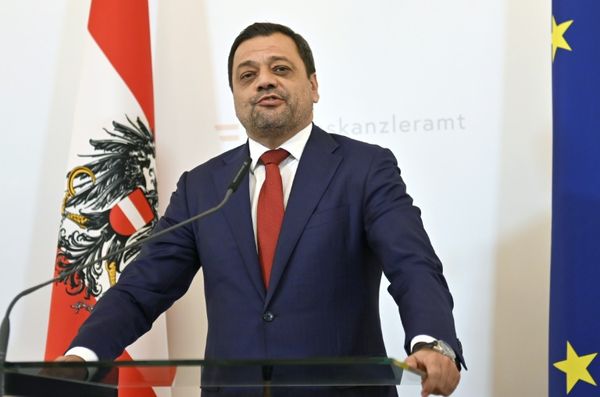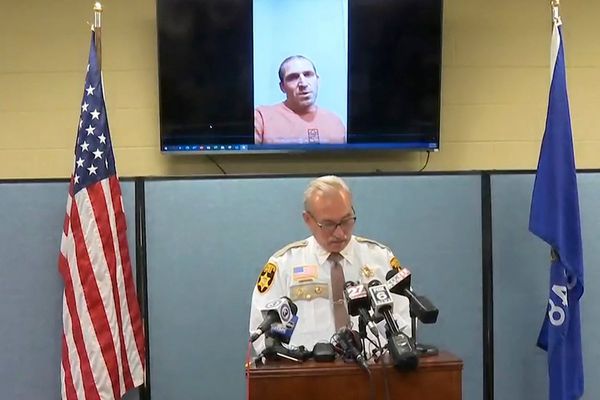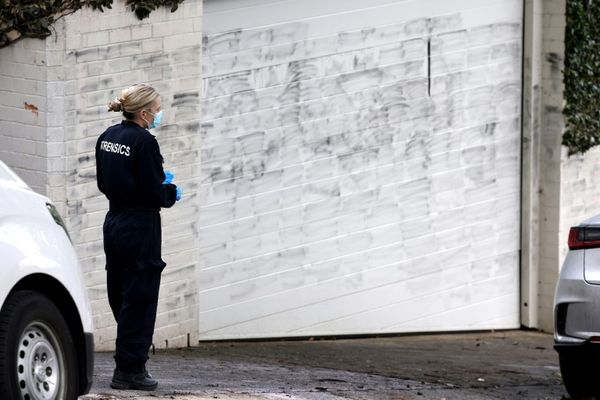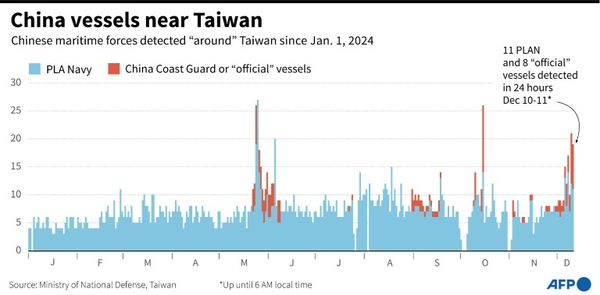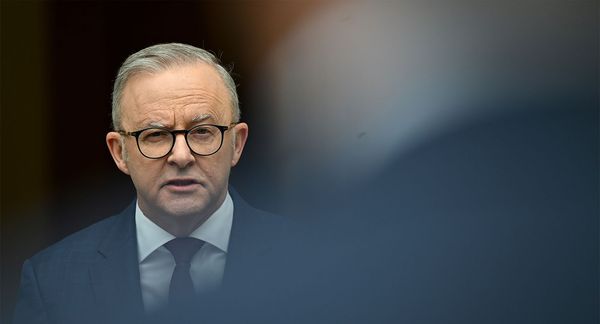On Sundays, a cold and fluorescent-lit indoor sports centre in regional Victoria bursts to life with prayer and song.
The rich voices of 40 Congolese refugee families belt out of the stadium in a mix of English and Kinyamulenge, stirring awake the frosty southern Wodonga streets.
For people like Masange Runezerwa, it's a place to find strength for another week ahead.
He says while he carries on with his life half a world away from the Democratic Republic of the Congo (DRC), he often feels paralysed with fear for his Banyamulenge family and friends in his homeland.
"Without going to church, I wouldn't be able to go even to work because my heart is full with sadness to see all those loved ones who have been tortured, have been killed," Mr Runezerwa says.
Fears for the Banyamulenge
The DRC is a complex country with more than 200 ethnic tribes.
The Banyamulenge, a Tutsi tribe, have lived in the country's east for more than a century and are not recognised by the Congolese government.
Human rights groups say there are constant reports of their villages being destroyed, their cattle — their main economic activity — being stolen, and the people are being driven from their homeland of Minembwe to only a handful of villages in the region.
In October 2020, Genocide Watch reported on the group's situation.
From Kivu to Canberra
About 300 Banyamulenge refugee families from across Australia will travel to Parliament House in Canberra on Tuesday to call for more help for their family and friends in Minembwe.
"Our hearts are broken," Good Shepherd Church pastor and community elder, Moise Nzovu Riukundo, says.
"We are not sleeping because the world is not doing any action.
"Our family, our blood brothers, our mums, are still there."
Yakobo Mungazi, who is also a pastor at the Good Shepherd Church, left the DRC when he was 45 years old fearing for his life.
Mr Mungazi, who has lived in Australia for three years, says he often watches on helplessly as friends and family share atrocities they have filmed and photographed.
Worries the world's forgotten
Esiteli Nyirarukundo has happy memories of her childhood in DRC: fetching water and wood, playing hide and seek, and living in a small but happy house with a big family, surrounded by love.
"It didn't last long because I remember when I was seven, war came, and they burnt our houses and we had to flee," she says.
"It was very scary because I'm almost turning 30 and I still remember those times."
Ms Nyirarukunda remembers waking up to screams, homes burning, and fleeing into the darkness without her parents.
She wants to return to her homeland, but says that won't be possible until the world starts taking some action.
She says while people this month watched DRC's volcano Mount Nyiragongo rumble to life, but the real eruption just kilometres away went unnoticed.
"We are appealing to everyone, especially the United Nations, please do something.
A Congo Research Group report released in 2019 highlighted a lack of media coverage as more than 130 armed groups in North and South Kivu fought for a range of ethnic and political reasons — a sharp increase since 2017.
"Part of the challenge is the sheer complexity of the conflict," the report stated.
"With such an abundance of armed actors and without a simple narrative, it is easier for many to just look away."
